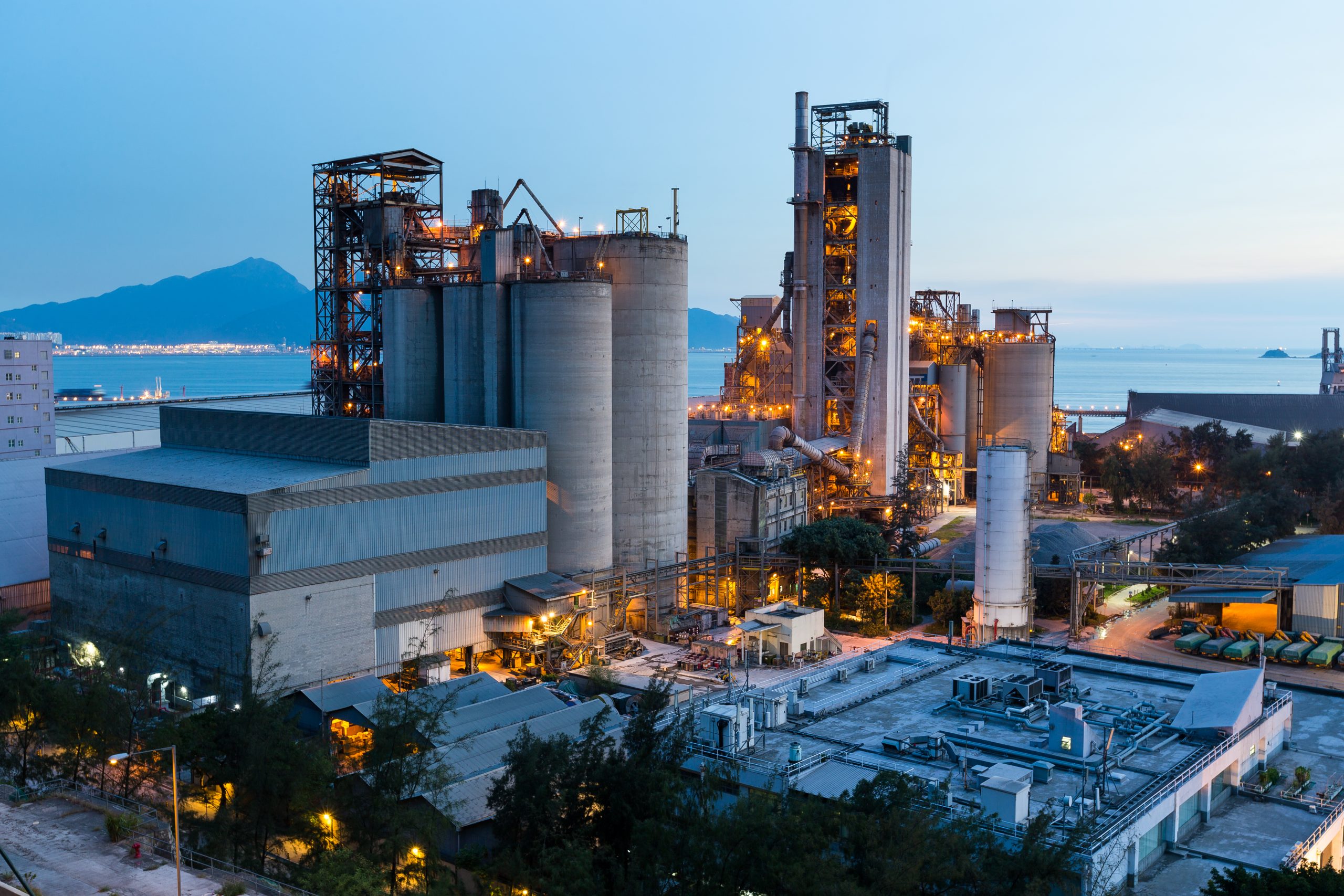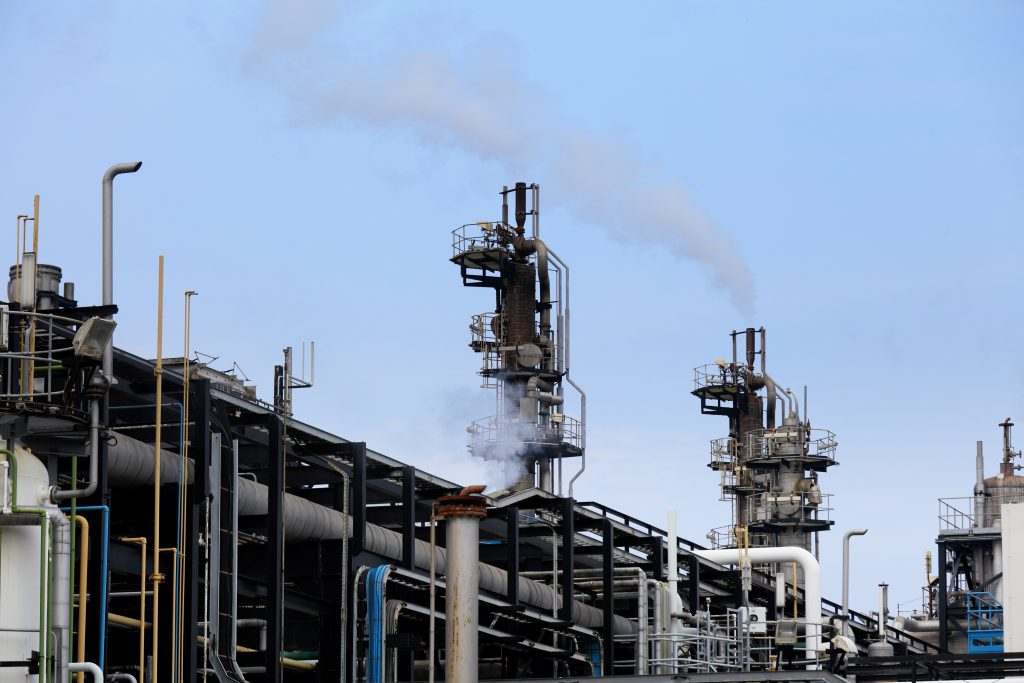Asset integrity management, also represented by the acronym AIM, is the technique that seeks to optimize the capacity of an industrial asset to perform its function accurately and efficiently, extending its useful life and bringing more safeness to the people who interact with these assets.
Asset integrity management is necessary from the design stage to the end of its useful life. All stages of the process must be taken into account in order to avoid greater risks to the environment, to people, and to the industrial installation of which they are part. However, not all companies have this complete view of the industrial plant’s life cycle.
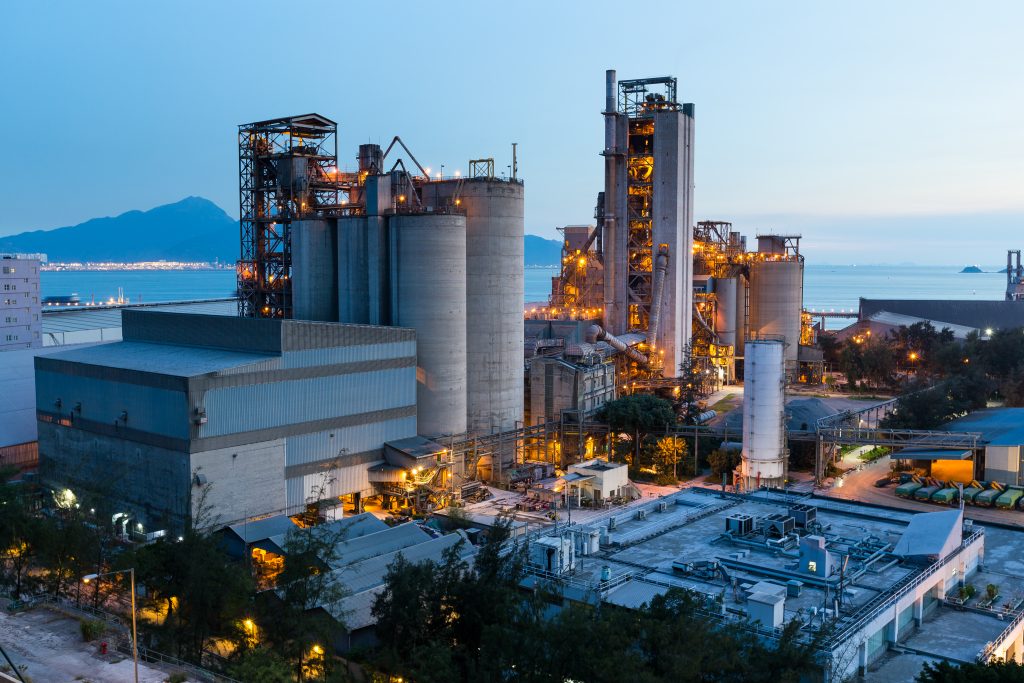
In this blog, we will show the importance of implementing asset management systems and the challenges faced by the industry, in the context of ensuring integrity.
THE IMPORTANCE OF ASSET INTEGRITY MANAGEMENT
The management of the integrity of industrial assets is a priority discipline within complex industrial plants, especially those of Oil and Gas, Petrochemicals, Pulp and Paper, and Mining. Many of them have operations with a very high degree of complexity and with many variables that are difficult to control, making the detection of failure mechanisms a task that besides demanding a lot of labor time, may not always be accurate, and corroborate with failures which can lead to catastrophic failures.
Another factor that draws attention is the aging of the structures of these large industrial facilities, because of this, new approaches to asset integrity management have come to the fore so that the operation and systems can be preserved.
Imagine the following scenario:
1. Minimal flaws in the plant are not noticed
2. The maintenance plan is inefficient
3. Lack of investment in the discipline of integrity management
4. Lack of resources to guarantee the integrity
In this scenario, quite common to industries, the structure begins to present problems
Whether due to a lack of qualified labor or due to inefficient maintenance management. It may also be the case that the area responsible for maintenance is not receiving the necessary investment for the assets to be preserved or replaced efficiently.
When this happens, the structure may have the following problems:
- Assets start to fail constantly
- Small asset failures come into existence within the plant
- Production must be stopped more frequently
- Employees start to feel at risk and the
- The imminence of a failure of gigantic proportions that can lead to major environmental disasters is becoming greater.
This is the type of scenario that no company wants to go through, and it was in the face of situations like these that industries began to place greater importance on asset integrity management and to seek new approaches to digital transformation.
THE PAIN OF THE INDUSTRY
One of the biggest challenges in the industry when it comes to Asset Integrity Management is to achieve a balance between performance, risk, and cost. The harmony between these three factors will reflect in optimized management of investment, time, and resources allocated so that the longevity of the components of a system is preserved.
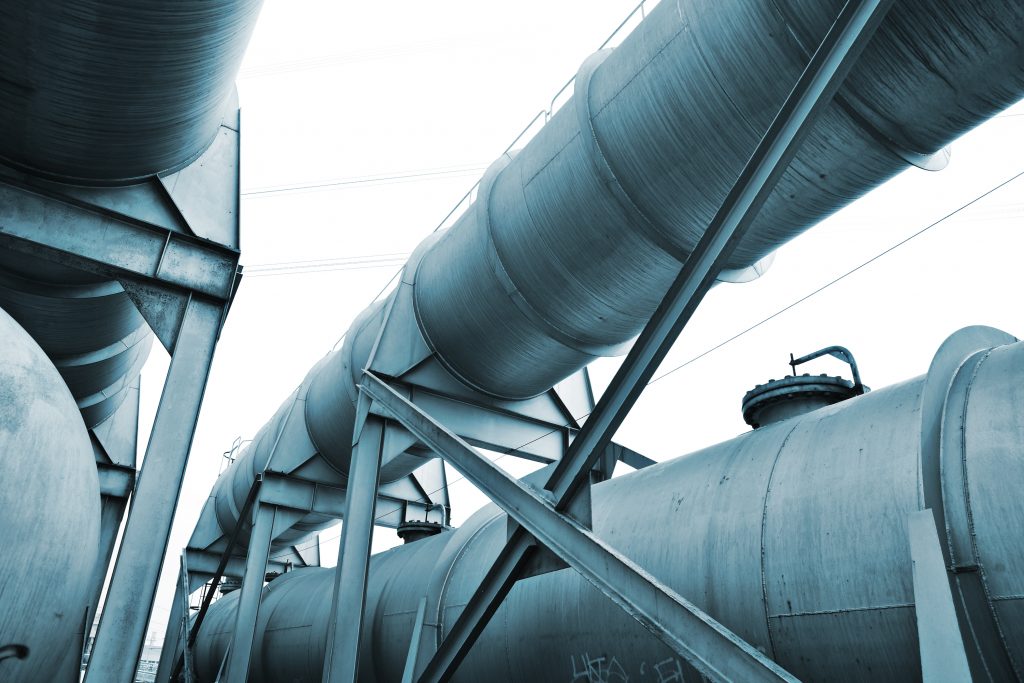
The main point of attention is to know if the assets are performing their functions as planned without showing wear, cracks, or corrosions that could lead to the shutdown of the operation. Thanks to the adoption of technologies such as Artificial Intelligence (AI), and IoT sensors, by industries, it is possible to have access in real-time to this information in a single operations center equipped with predictive models capable of simulating and predicting scenarios.
Don’t know what IoT is? Don’t worry, we have the perfect content for you! Click here and learn about the main pillars of this technology that is revolutionizing the world
Another point of extreme importance is that of guaranteeing maximum safety within an industrial installation. For this to be possible, maintenance processes must work accurately and even preventively. Just as it is necessary to fully understand the origins of the various errors.
The adequacy of the above processes will guarantee the longevity of the assets within the installation, resulting in the continuity of a production line with the minimum possible interruptions.
IMPLEMENTATION OF ASSET INTEGRITY MANAGEMENT IN INDUSTRIES
Because it is a set of practices with a certain degree of complexity, essential to the functioning of production, and which require good communication between the most diverse sectors within a corporation, many companies end up opting for hiring specialized service providers and with solutions specific to their context. The range of services offered has grown tremendously in recent years thanks to constant technological developments from the digital transformation.
We have special content that will help you understand everything about digital transformation, click here and read
Today many of the solutions offered by the market make use of specific software that makes available the most important information of the process within grouped interfaces with customizable, strategic dashboards, and that make use of integrated systems, facilitating the access, analysis, and interpretation of these data for more assertive decision making, execution of action plans, and monitoring of activities by those responsible for the sector.
In an interview with Forbes magazine, Dean Arnison, a world leader in subsea production products, systems, and services, explains how companies in the Oil and Gas sector are embarking on this digital journey. According to Arnison, industries are looking to increase productivity and reduce costs, with new business models, strong partnerships, and integrated service models. Arnison believes that most oil and gas companies are on a similar journey, looking at how to reduce basic costs while exploring ways in which digital can be leveraged to optimize the production of assets through a better understanding of failure and inefficiencies.
In another report by Business Wire, the estimated growth value of the Asset Integrity market is $ 15.4 billion by 2025. These trends show us how the market is positioning itself and adopting Asset Integrity Management strategies well within its operations.
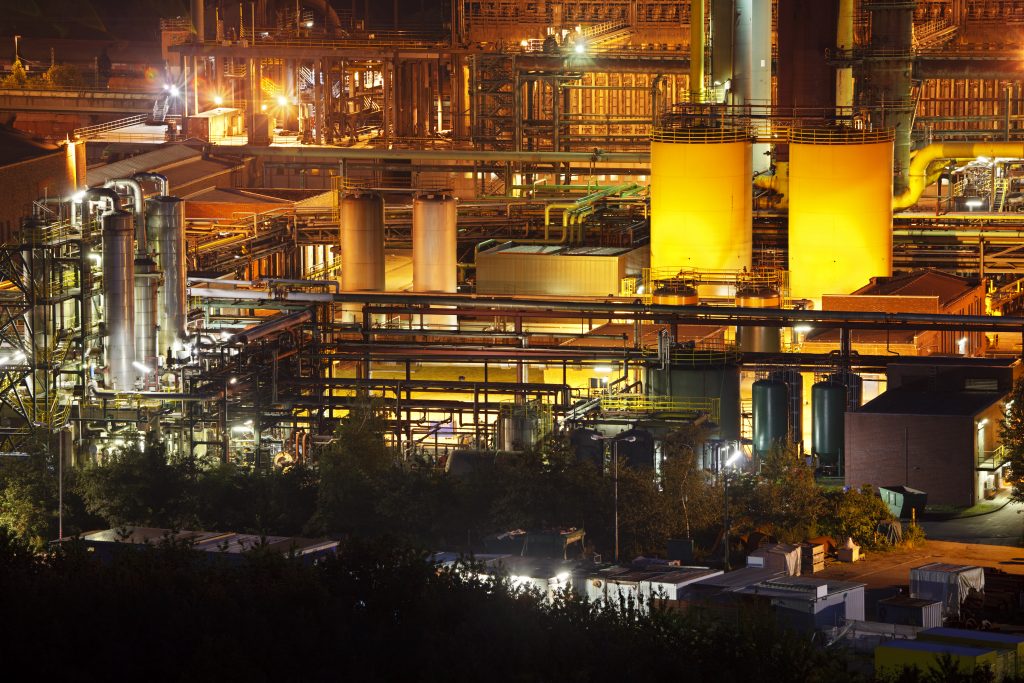
The use of digital processes for the management of industrial assets is a technological revolution that can reduce costs, environmental impacts, and ensure safety for all workers within a plant. Its importance is already well known by most industries, which year after year increase their investments in this strategy and seek new ways to align their functionalities to the context in which they are inserted.
We can conclude that effective asset integrity management strategies are already a prerequisite for industries that seek to keep their production operating continuously, without any major problems and exploring greater productivity performances, respecting the necessary regulations, and guaranteeing maximum security to their structure and its operators.
Now that you know everything about Asset Integrity Management, how about learning a little more about the solutions that digital transformation has been providing for this important discipline? Click here to learn more!
